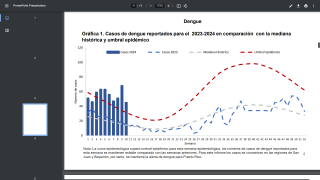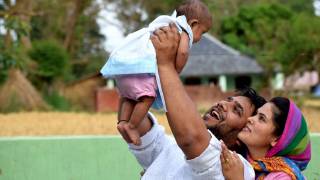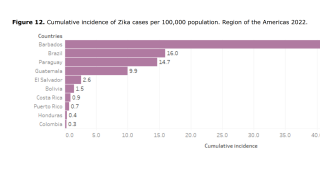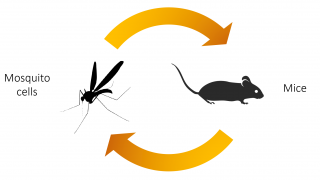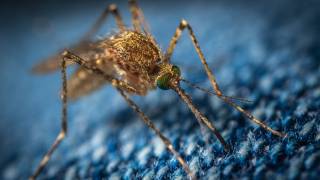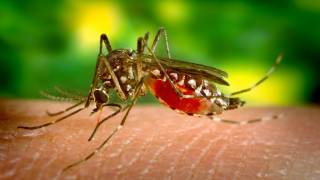Zika Remains a Worldwide Health Risk to Pregnant Women

According to new reporting by the World Health Organization (WHO), a total of 87 countries and territories have had evidence of autochthonous mosquito-borne transmission of the Zika virus (ZIKV), as of July 2, 2019.
Globally, 61 countries and territories have evidence of Zika-spreading mosquitoes (Aedes aegypti) but have not yet documented ZIKV transmission.
In the absence of large Zika outbreaks, available information is often based on travel-related cases, and research studies.
Which means, there is still the potential risk for ZIKV to spread to additional countries.
It is also possible that some of these countries have or have had Zika transmission that has not yet been detected or reported.
Research studies have demonstrated that ZIKV has circulated in Africa for decades, but no case reports or human studies have yet investigated the effects of the African lineage on pregnancy and birth outcomes.
The WHO says the incidence of ZIKV infection in the Americas peaked in 2016 and declined substantially throughout 2017 and 2018.
This is good news since a study reported women infected with Zika early in pregnancy are almost 17 times more likely to have a child with microcephaly.
Zika virus transmission has been found in all countries in the Region of the Americas except for mainland Chile, Uruguay, and Canada.
And, the US Territory of Puerto Rico has reported 18 locally-acquired Zika cases, as of June 5, 2019.
Additionally, the states of California, Florida, and Utah have reported travel-related Zika cases in 2019.
Recent studies have provided new information on the incidence, prevalence, and patterns of ZIKV transmission worldwide.
For example, in Indonesia, a retrospective population-based serosurvey found approximately 9 percent of children had evidence of prior ZIKV infection by the age of 5 years.
The Zika virus disease is usually mild with symptoms lasting up to 1 week, and many people do not have symptoms or will have only mild symptoms.
However, Zika virus infection continues to carry the risk of Guillain-Barré Syndrome and adverse pregnancy outcomes, including increased risk of preterm birth, fetal death, and stillbirth.
Moreover, congenital Zika syndrome (CZS), including microcephaly, abnormal brain development, limb contractures, eye abnormalities, brain calcifications, and other neurologic manifestations have been reported.
Decisions to guide family planning or travel to countries with a history of ZIKV transmission, particularly for pregnant women, women who may become pregnant, and their male partners, should be based on an assessment of relevant information provided by country public health departments and consultation with the individual’s healthcare provider.
Zika news
- Zika Exposure While Pregnant Associated with Microcephaly
- US Government Makes 2nd Zika Investment
- New Legislation May Protect the USA From Zika
To assist healthcare providers better diagnose these diseases, the CDC published a report on June 14, 2019, that summarizes existing and new guidance on dengue and Zika virus diagnostic testing.
This new guidance is for patients with a clinically compatible illness, who live in or recently traveled to an area where there is a risk for infection with either of the dengue or Zika viruses.
Additionally, the CDC maintains a webpage for travelers to international destinations and US territories. This information is updated regularly, seeking to better inform international travelers of their potential Zika risks.
In related news, a few Zika vaccine candidates are making progress in human clinical trials.
Human safety testing has been underway on a formalin-inactivated Zika Virus Vaccine (ZPIV) candidate developed at Walter Reed Army Institute of Research.
"If there's something we can do to intervene for a pregnant woman and her fetus who are at risk, it's certainly something we want to be looking at. I think most of the work being done now is focused on how we intervene during pregnancy since that is where the risk is," explained Professor Jean Patterson, Ph.D., a principal investigator on the ZPIV study.
Dr. Patterson describes a "sense of urgency" in the medical community to come up with a way to protect this vulnerable population.
Zika vaccine candidates
The WHO continues to work with regional and national health authorities to enhance health system capacity to detect, report, and respond to the continued threat of ZIKV transmission, as well as to other mosquito-borne viruses and other emerging and re-emerging threats to public health.
Our Trust Standards: Medical Advisory Committee


